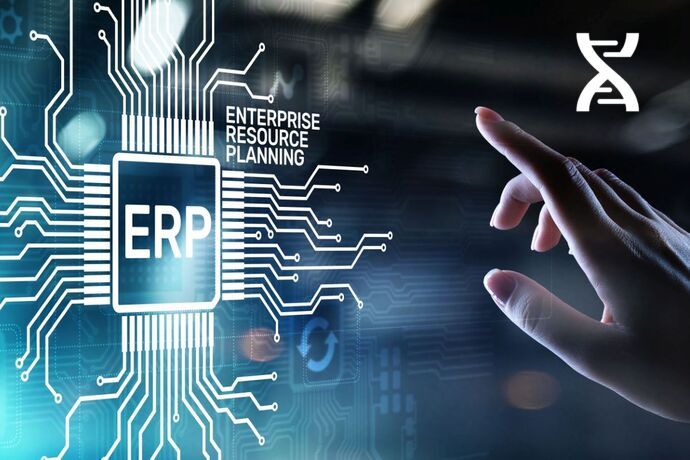What is Logistics ERP?
The Logistics software in your ERP encompasses all the functionalities linked to the logistics side of the business. At sales level, it analyzes all data relating to the sale, delivery and invoicing of goods, as well as all actions that take place prior to the sale At the procurement level, it manages all actions from the manufacturing chain through to sales. It enables suppliers to be evaluated, and invoices and purchases to be managed At warehouse management level, the software assists and guides you in inventory management, order invoicing follow-up, and centralizes data used at all functional stages of the warehouse Finally, at production level, the software prepares and organizes production activities such as manufacturing and raw materials purchasing control, production orders, etc.







